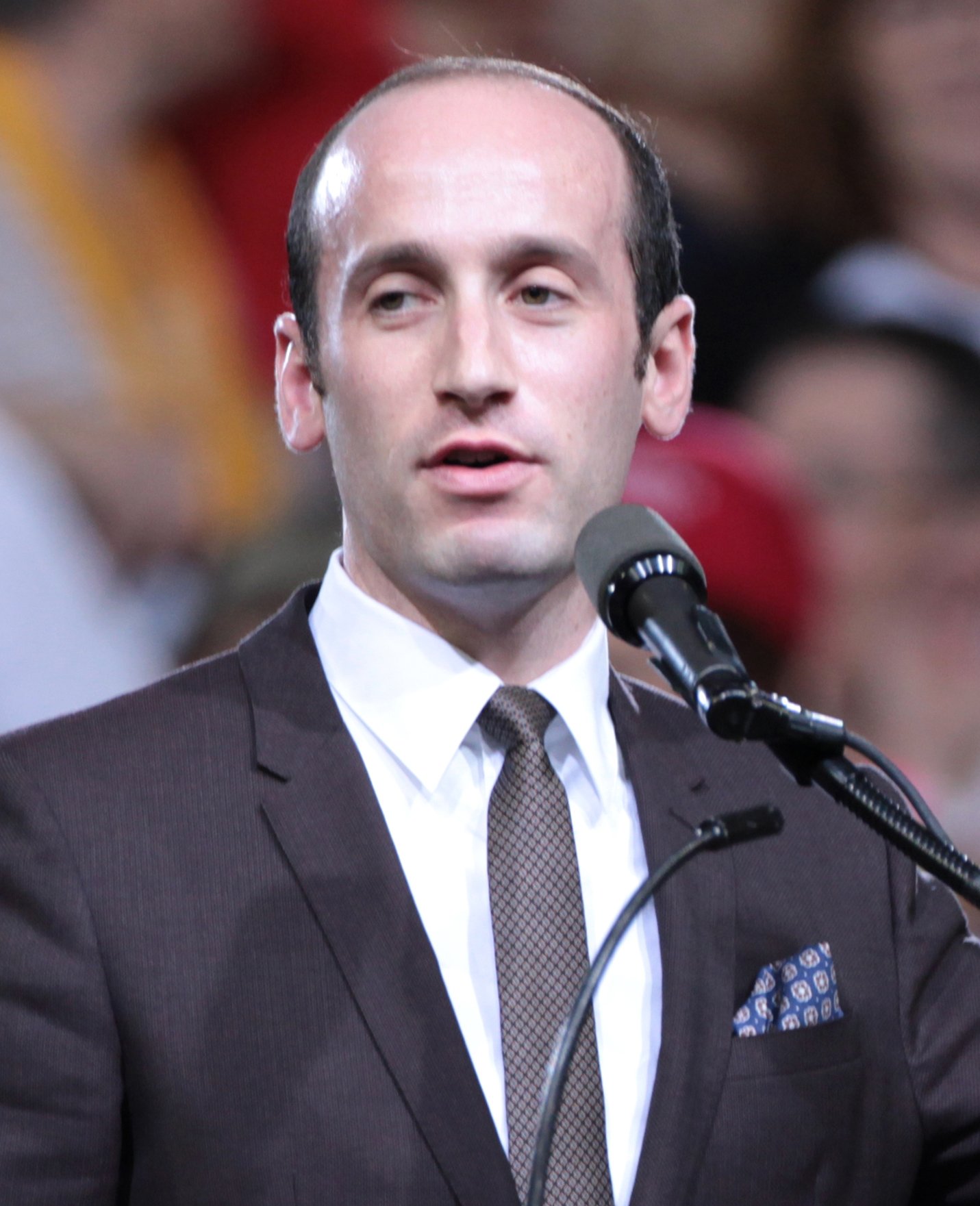Key Takeaways
- Stephen Miller denied that Immigration and Customs Enforcement targets people by race.
- CNN’s Boris Sanchez pressed Miller on claims of racial profiling.
- Miller dismissed the question as “dumb” and refused to admit any profiling.
- The tense exchange highlighted deep divisions over immigration policy.
- The debate over racial profiling is likely to continue.
Racial Profiling Debate Heats Up
On Monday, CNN’s Boris Sanchez asked a tough question to Trump adviser Stephen Miller. He wanted to know if ICE uses racial profiling in its immigration crackdown. Miller did not directly answer for a long time. Eventually, he called the idea a lie and moved on.
The interviewer quoted Illinois Governor J.B. Pritzker, who said ICE targets “brown people.” Sanchez pressed Miller to respond. Instead, Miller attacked the question. He argued that illegal migrants take jobs, health care, and school spots from Americans. He also claimed they commit “heinous crimes.”
Confrontation on National TV
During the live segment, Sanchez said, “Is it true that you are profiling people of color?” Miller called the question “so dumb” and refused to admit any profiling. He said illegal immigrants hurt Black, white, and Latino workers alike. He also said they harm communities by using benefits meant for U.S. citizens.
When Sanchez tried again, Miller said, “No, it’s a lie and a dumb question.” He insisted ICE does not act on race. Then he shifted to a new point. He asked why anyone would attack officers doing their job. He painted a picture of federal agents in a quiet town and wondered aloud if they would face violence.
Why the Issue Matters
Immigration and Customs Enforcement holds major power to detain and remove people. Critics worry that agents might single out suspects by skin color or ethnicity. Such racial profiling can harm innocent people and damage trust in law enforcement. Moreover, it can lead to fear and confusion in immigrant communities.
In addition, past reports show some ICE operations troubled lawmakers. They pointed to cases where agents focused on Latino neighborhoods. For them, the core keyword concern—racial profiling—remains a pressing issue. They worry that migrants face unfair targeting just because of their appearance.
What Is Racial Profiling?
Racial profiling means law enforcement acts on someone’s race or ethnicity instead of facts. For example, stopping only Black or Latino drivers at a checkpoint. Experts say this practice violates civil rights laws. It can also worsen community relations.
Advocates argue that profiling wastes resources, since officers chase based on appearance rather than solid evidence. They call for clear rules and better training. They also want independent oversight to stop unjust stops and arrests.
Miller’s Stance and Reaction
Stephen Miller has long pushed strict immigration rules. He helped write speeches that stressed a hard line on undocumented migrants. Many critics say his language echoes harsh historical examples. Yet Miller denies any bias in enforcement.
He argues that ICE focuses on criminal records and legal history. According to him, agents follow laws that do not mention race. Therefore, he claims profiling does not happen. However, his refusal to engage directly on bias worries many observers.
In fact, community leaders in Chicago called the exchange revealing. They said the nonstop denials show a lack of accountability. They also noted that past raids sometimes targeted neighborhoods with high Latino populations. That raises more doubts about profiling claims.
Possible Impact on Communities
If people believe ICE uses racial profiling, they may avoid hospitals, schools, and courts. This fear leads to worse health and legal outcomes. Families might not report crimes or seek help, fearing deportation. Children can feel unsafe at school.
Moreover, local police could lose trust. Some departments partner with ICE to share information. If residents feel targeted, they might no longer report crimes. That could hurt public safety for everyone.
Federal law sets clear limits on profiling. Yet critics say enforcement remains inconsistent. They want better data collection. They also want community voices at the table when setting policies.
What Comes Next
The debate over racial profiling in immigration is far from over. Advocacy groups plan more hearings and public comments. They want ICE to release data on stops and arrests by race. They also ask for outside monitors to review operations.
On the political side, lawmakers may hold more hearings. They could introduce bills to tighten anti-bias rules. At the same time, some state leaders will push back. They argue that federal agents must have freedom to enforce the law.
In the meantime, the public will watch every ICE action closely. Reporters and activists will document raids and checkpoints. They will report any pattern that hints at racial profiling. Thus, ICE faces growing pressure to prove its neutrality.
Conclusion
Stephen Miller’s on-air refusal to admit any racial profiling spotlights deep tensions in America’s immigration debate. While he insists that ICE acts fairly, critics remain unconvinced. They point to community fears and past complaints. As the debate intensifies, calls for transparency and oversight will only grow louder.
Frequently Asked Questions
Why do critics worry about racial profiling in immigration enforcement?
Critics say targeting people based on their race or ethnicity violates civil rights and harms trust. It also scares communities away from reporting crimes or seeking help.
Has ICE ever faced legal action over racial profiling?
Yes, there have been lawsuits claiming ICE stops or detains people because of race. Some cases led to settlements and calls for policy changes.
What steps can reduce racial profiling?
Experts recommend clear rules, bias training, data collection, and independent oversight. They also urge community input in policy decisions.
How can communities stay informed about ICE operations?
Local activists and legal aid groups often share updates. Community meetings and public records requests also reveal details about ICE actions.
